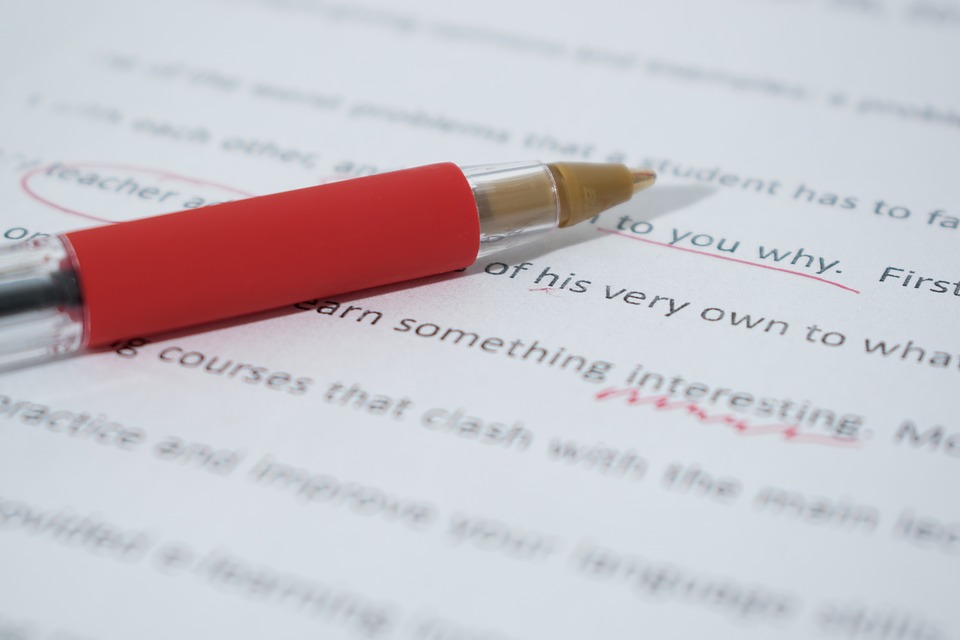We all know how it feels to finish an essay that we have spent weeks working on. You’ve attended the classes, done the additional reading and finally… you reach the word-count. You’d think that all that’s left to do is to press the submit button but be careful: you could be costing yourself the top grade. The difference between students getting high grades and the very highest grade often comes down to failing to proofread. It’s worth planning ahead when writing essays to give yourself time to check your essay thoroughly, not just for spelling and punctuation errors but to see if your argument makes sense, and most importantly to see whether you have answered the question. Read on to see how to proofread quickly and effectively.
- Read It Aloud
Reading your essay aloud is the quickest way to spot grammar mistakes and to see whether your essay reads well. It can also help you structurally: you’re able to detect whether your essay flows smoothly and if you need to add or remove a paragraph. If you struggle with punctuation, listen out for the natural pauses you have in your speech as you are reading your essay. A short pause means that you need a comma or semicolon whilst a longer pause usually suggests that you need a full stop.
- Have Someone Else Take a Look
If you have time, bribe a flatmate or family member to have a read over your essay. It’s easy to miss small but significant mistakes such as spelling errors when you have spent weeks looking at an essay. A pair of fresh eyes will naturally pick up on these mistakes saving you your argument and marks. Remember, if you’re writing about twentieth-century literature, you don’t necessarily need an expert on James Joyce to read your essay – it can actually be better to get someone who knows nothing about what you’re writing about so they can just focus on how the essay reads and how your argument progresses.


- Check The Formatting
Most schools and nearly all universities will have preferences about how you format your essay, this includes what font and font size you use as well as what size your margins are, whether you justify your paragraphs and whether you should double-space your text. It is important to look into whether such rules apply and make sure you follow them. If you don’t, you could be penalised. If your school or university does not have any rules, I would suggest being simple and professional in your approach: use a font such as Times New Roman, stick to font size 12 and double-space your work.
- Have you referenced your work correctly?
As well as formatting in a certain style, there is usually a specific referencing system for crediting your sources – this could be Harvard’s referencing system, MHRA or one of the other varieties. This is to make the marker’s life easier – they often have to look up the books and resources that you have used and want to do this in a timely manner as they have a lot of papers to mark! You should be able to find out what referencing system your institution uses by asking a teacher or by looking at your department’s webpage.
- Check if you’ve answered the question
This is perhaps the most important point. You usually write an essay to answer a question or to provide a solution to a problem. Check that your conclusion ties up any loose ends and clearly explains your answer or solution. Whilst writing an essay, one of the best ways to ensure that you’re answering the question is to have it written at the top of your document so you can continually refer to it.


Essay writing is a long process even without the proofreading, but to ensure that you don’t lose marks for things that are easily prevented, it is certainly worth the extra time so that you can feel the satisfaction and success that comes afterwards.
Written by Nessa, who has taught English Language with MyTutor, and who read English Language and Literature at University.




